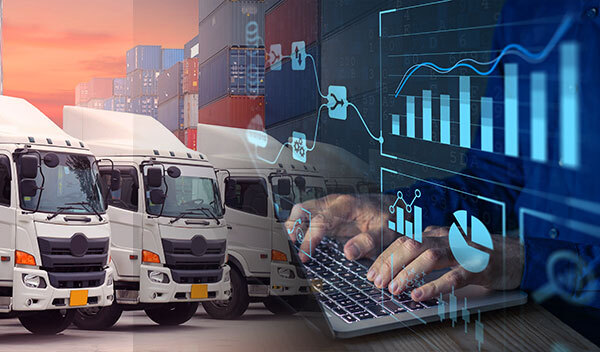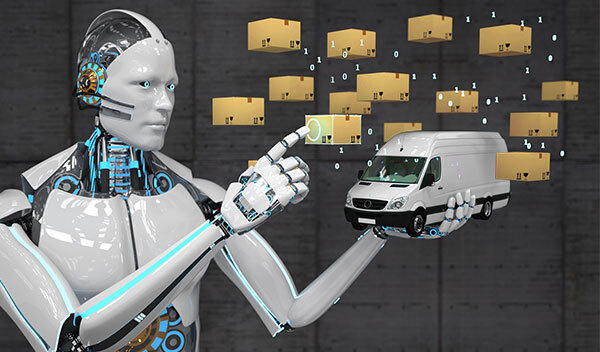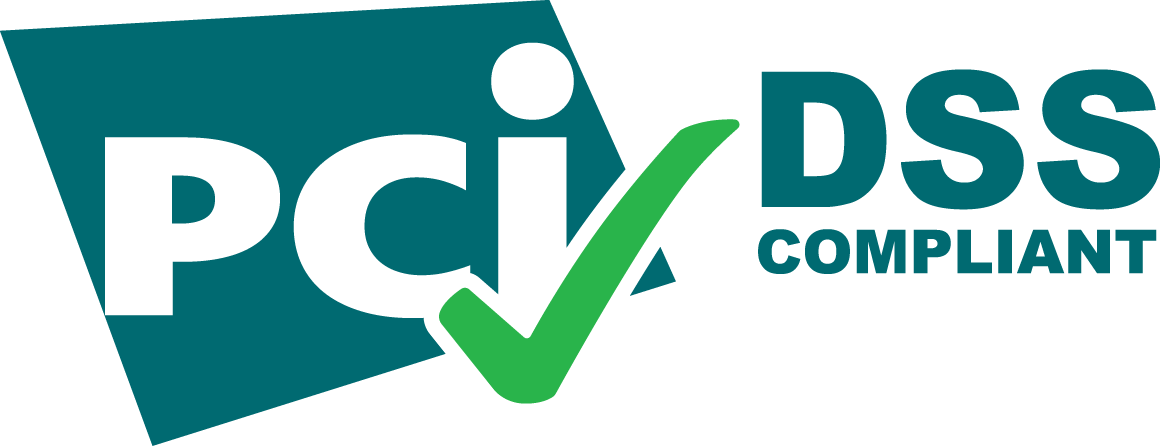While attending the 2023 Advanced Clean Transportation Expo this year, the entire trucking industry experienced an increased sense of unease. The prevailing frustration, which is commonly referred to as the "Alt-Fuel Impasse," was impossible to overlook.
The need for creating a strategic plan for net zero trucking cannot be stressed enough. However, the progress of the industry towards net zero trucking appears to be at a standstill.
The recent episode of dense smoke engulfing the US Eastern Seaboard served as a stark reminder in early June that time is a precious commodity when it comes to addressing climate change on a global scale.
While the smoke plaguing the East Coast originated from uncontrollable forest fires in Canada, this particular event cannot be solely attributed to diesel trucks. However, climate scientists widely agree that climate change plays a significant role in exacerbating wildfires, as well as contributing to unprecedented heatwaves, record droughts, and intensifying storms.
The mounting sense of apprehension is undeniable—things are deteriorating. Volvo Trucks North America CEO, Peter Voorhoeve, continually emphasizes the need for intensified efforts from everyone to combat this crisis. Time is rapidly slipping away, so we need to be prepared to take action sooner.
The Need for a Strategic Plan for Net Zero Trucking
This leads us to a clear and undeniable conclusion: a plan for net zero trucking is imperative. By this, we do not solely mean that the trucking industry needs a plan.
What we are emphasizing is the need for a plan encompassing the entire nation, the entire continent, and indeed, the entire planet.
Crucially, an intelligible, practical, and, above all, actionable plan—a strategic plan for net zero trucking—for the North American and global trucking sectors must be a pivotal element of this overarching strategy.
Presently, we have numerous plans in place. In fact, plans are being implemented worldwide. In the United States, however, the situation is rather perplexing, resembling a patchwork quilt. Certain states lack any semblance of a plan, while others have set forth overly ambitious objectives that, according to many industry experts, are unrealistic, leading to lawsuits aimed at halting their implementation abruptly.
Regrettably, many of these endeavors to counter unattainable targets, though well-intentioned, only reinforce the public's perception that the trucking industry is indifferent to the wellbeing of the planet.
They create a narrative suggesting that environmentalists will have to forcibly remove diesel engines from the hands of trucking enthusiasts to curb pollution.
This state of affairs is unproductive. It does not bring us any closer to implementing tangible measures to confront the pressing issue at hand. Our planet is quite literally ablaze, and if we fail to take swift action, the opportunity for action will vanish.
Therefore, we assert that we need a plan. A comprehensive and strategic plan that accommodates the trucking industry's needs. A plan that expedites the transition, with as little disruption as possible, not only for the trucking sector but also for any industry reliant on fossil fuels, towards a future of carbon neutrality.
However, a plan cannot materialize without establishing clear goals. Below, we have proposed a few overarching conditions that we believe must be universally agreed upon first.
Things Trucking Needs from External Forces
Let's begin by addressing the external forces beyond the trucking industry, encompassing local, state, or federal governments, government agencies, elected officials, environmental groups, power utilities, and even the general public.
These external forces must commit to recognizing the following principles and incorporate them as vital elements of any comprehensive climate plan moving forward:
- Recognizing the criticality of a healthy and efficient trucking industry for a nation's economic and strategic interests.
- Understanding that trucking is an indispensable component of a thriving global economy and the preservation of an efficient and dependable global supply chain.
- Acknowledging that trucking generates vast employment opportunities and livelihoods, with millions of individuals and families worldwide depending on the industry to sustain their well-being and secure a better future for their children. Hence, it is crucial to safeguard these jobs as much as possible during the transition to a net-zero emissions future.
- Realizing that while the trucking industry serves the public good, it comprises private businesses. Therefore, it is unreasonable and unjust to burden trucking companies and fleet owners, who already operate on narrow profit margins, with the sole responsibility of shouldering the costs of saving our shared planet.
- Accepting the reality that, whether we like it or not, diesel fuel will continue to be used in diesel engines for years to come.
- Admitting that the current challenges related to electric and hydrogen infrastructure pose significant barriers to the widespread adoption of zero-emission commercial vehicles. The magnitude and cost of addressing these issues are beyond what the trucking industry can single-handedly fund and implement.
Actions Expected from the Trucking Industry
Now, what actions should those external forces anticipate from the trucking industry in response to acknowledging these conditions and utilizing them as a foundation to formulate a workable plan towards achieving net zero trucking?
Here are the actions we expect the trucking industry to undertake:
- Wholeheartedly acknowledging the reality of the climate crisis and recognizing the urgency to address it as swiftly as possible.
- Committing to support and utilizing cleaner-burning engines and alternative fuels to the fullest extent feasible throughout the transition phase.
- Embracing hybrid-electric powertrain technologies that combine diesel and gasoline powertrains to further mitigate carbon emissions.
- Supporting the development and mandated usage of cleaner-burning fossil fuels.
- Pledging to transition to zero-emissions trucks in appropriate applications as soon as it becomes economically viable.
- Making a dedicated commitment to remove older diesel trucks, which contribute to unacceptable pollution levels, from the roads as expeditiously as possible.
Final Thoughts
Now, the main concern is, would we be able to get concerned parties, ranging from the EPA and CARB to even small trucking firms operating dump trucks outside Belzoni, Mississippi, to endorse these conditions?
If we succeed, we firmly believe that we can establish a robust framework for a more extensive and impactful plan to reduce emissions and achieve net zero trucking. Furthermore, this plan would be realistic, as it would recognize the strategic and economic significance of the entire industry and acknowledge that its members have families and employees to support.
Saving our planet necessitates a well-crafted plan. Simply instructing an entire industry to spend exorbitant amounts of money without expecting anything in return does not qualify as a plan.
It is imperative for us to collaborate and resolve the existential crisis that looms over our planet. Finding common ground and attaining a mutual understanding regarding the points we have outlined would be an ideal starting point for devising that plan.
About the Author: Sara Naveed
Sara Naveed is a creative and digital content writer who uses her creative skills to develop and edit professional web content. Being a writer has always been her dream. She earnestly hopes people appreciate her writing—an asset she deeply covets. Using her 8+ years of working experience, she writes for trucking industry experts who are always looking for better technological solutions to their problems.











